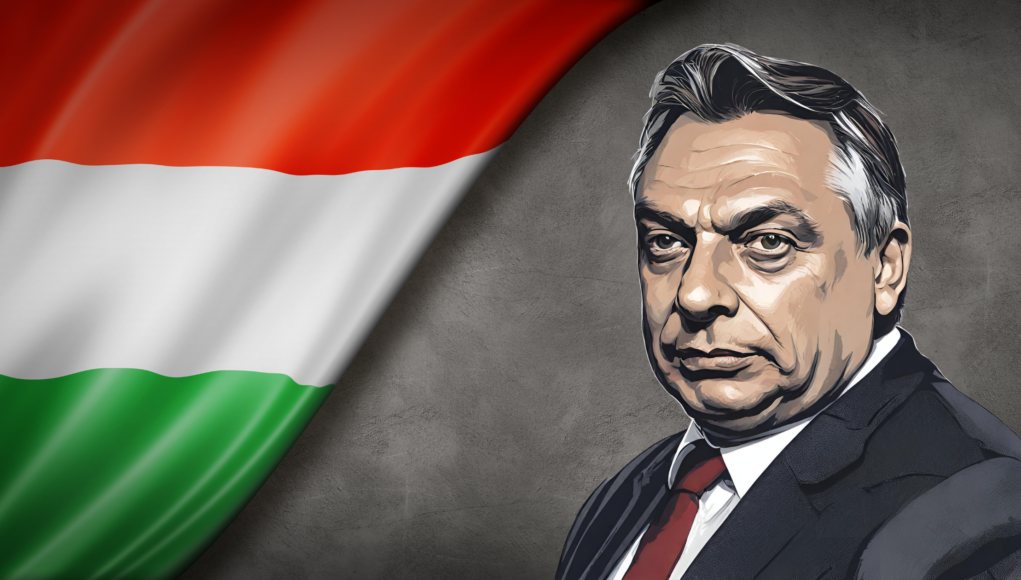BUDAPEST — In a recent radio interview, Hungarian Prime Minister Viktor Orbán emphasized the importance of national security, drawing connections between the Israeli-Palestinian conflict and European migration – and Hungary’s stance on both. The interview, aired on Kossuth radio’s “Good morning, Hungary” and reported by Magyar Nemzet, a conservative newspaper known for its self-proclaimed proximity to the Orbán-led government, offered a glimpse into the leader’s perspective on a range of pressing issues.
Orbán expressed relief that no Hungarians were harmed in the recent Israeli-Palestinian conflict and emphasized Hungary’s anti-terrorism stance. He praised the Trump administration for its role in easing Arab-Israeli tensions and urged the preservation of those diplomatic gains.
The Prime Minister’s comments took a sharp turn towards European migration, a topic that has been a cornerstone of his administration. He voiced concerns over demonstrations in support of terrorists across Europe and credited Hungary’s 2015 decision to erect fences and legal barriers for keeping terrorism at bay. Hungary, home to one of Europe’s largest Jewish communities, has a duty to protect its citizens, Orbán stressed.
The conversation then shifted to the European Union’s migration pact. Orbán criticized Brussels for its perceived lack of clarity and its push for member states, including Hungary, to accommodate migrants. He firmly stated that Hungary’s approach to migration has been the only effective one, adding that the EU’s attempts to challenge this model are misguided. Orbán’s comments reflect a broader sentiment among some EU member states that Brussels’ policies, especially on migration, need revisiting.
On the economic front, Orbán acknowledged challenges in balancing inflation and growth. He projected a focus on curbing inflation in 2023, with renewed emphasis on economic growth the following year. Highlighting Hungary’s global economic ambitions, he mentioned his recent visit to Georgia, discussing plans to bring green energy from Azerbaijan to Europe, a move supported by the EU.
Lastly, the Prime Minister celebrated the achievements of Hungarian Nobel laureates Katalin Karikó and Ferenc Krausz, emphasizing the potential and talent inherent in the Hungarian people.
Source/s: Magyar Nemzet
Image source: Original illustration
The Southeast European Observer participates in the Amazon Services LLC Associates Program. While we strive to provide our readers with unbiased and reliable information, please be aware that any purchases made through Amazon affiliate links on our site generate a small commission for us at no extra cost to you. This helps support our platform and allows us to continue delivering quality content to our readers.
We ensure that the presence of Amazon affiliate ads does not influence our editorial content, and no affiliate links are included within the text of our articles.












